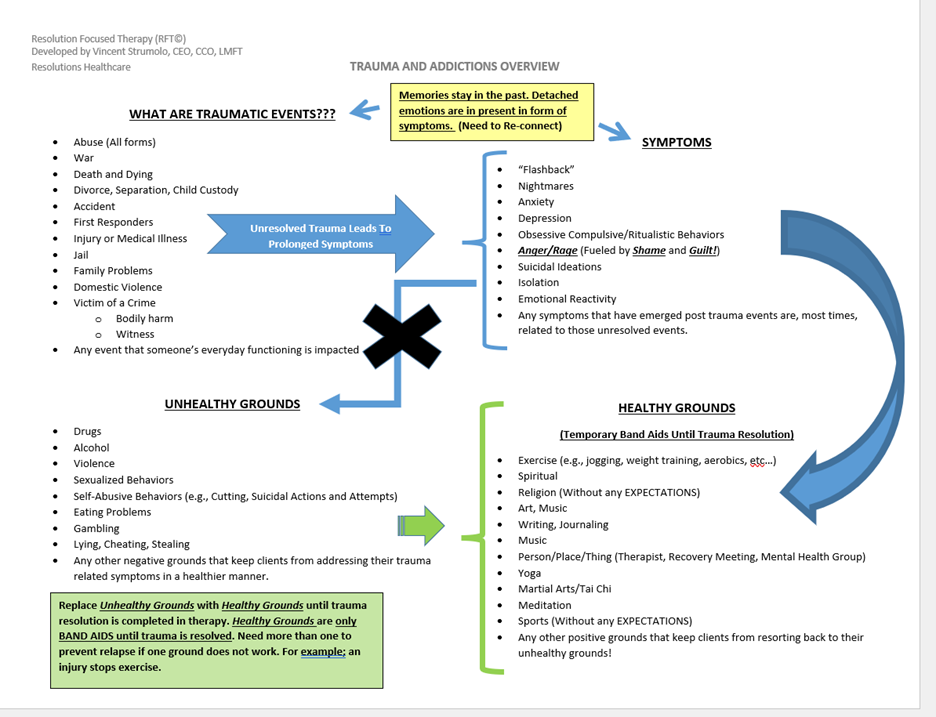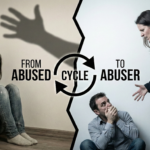The three words that sting like a dagger to survivors of unresolved trauma/life events are “Get over it”. The pain is often compounded when survivors resort to substances to escape the pain. When this comment is used by loved ones or friends, it usually means they have reached the end of their rope with your substance abuse or mental health issues. Although its purpose is probably not be to inflict more pain, shame, and guilt, it surely misses the target. These words, many times, cause more pain to survivors and often will begin an argument or escalation of tempers amongst loved ones.
Survivors of past trauma/life events that have not resolved the event often are already emotionally insecure and already self-berating. The words the victims hear are, once again, a distorted belief that something must be “wrong with them” or that they are “defective” or “broken”.
To the survivors I say this, help your loved ones and friends understand that you can’t just move on until you deal with the emotions that have been separated from the event. Help them see that to intellectually “get over” the event is the easy part. The more difficult task is to resolve the emotional impact of the trauma. Unfortunately, just acknowledging the trauma does not resolve it.
What survivors don’t realize, and it’s understandable, are their loved ones are also being traumatized by your present addictions and behaviors. They may also be experiencing their own guilt and shame about your problems. For example, they may believe they “should’ve or could’ve” done something sooner about getting you help or mistakes they may have made. These beliefs are also distorted. It wasn’t and still isn’t their responsibility to “fix” you. This is something you need to own. The point is they often suffer from secondary trauma and are just trying to get past their own pain.
Here’s where RFT’s Healthy “Grounding” comes into play. Survivors that have learned a healthier way to ground themselves (see healthy grounds on diagram below) when getting angry need to apply it when hearing those words. Then, and only then, you may be able to change the narrative for the loved ones who need to also process how they feel. Instead of emotionally reacting to the “Get Over It” comment, take a breath, apply your safety ground, and help them understand it. Help them understand that “getting over it”, not only takes time, but also takes processing and painful emotional discomfort to correct the distorted belief. By helping them understand you will also be helping yourselves and your future relationships with them heal.
“Getting over it” is a process, not a quick fix. By trying to bury the past without resolving it you will continue to “emotionally react” in the present. The point of this blog is to yell out to all of you to change the way you communicate with your loved ones. By doing so, they will also re-align their beliefs about how past trauma impacts you.







